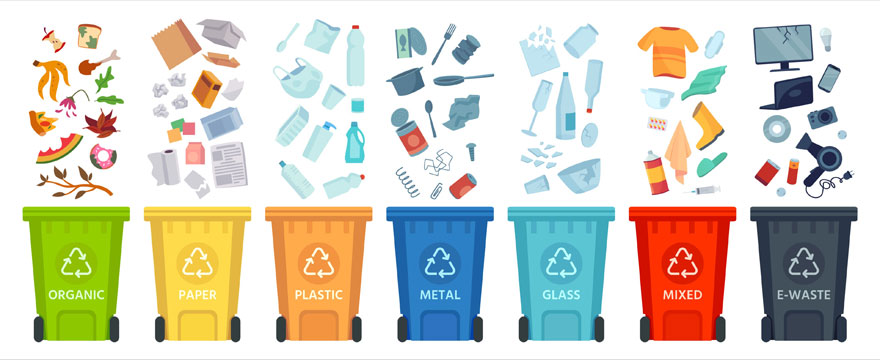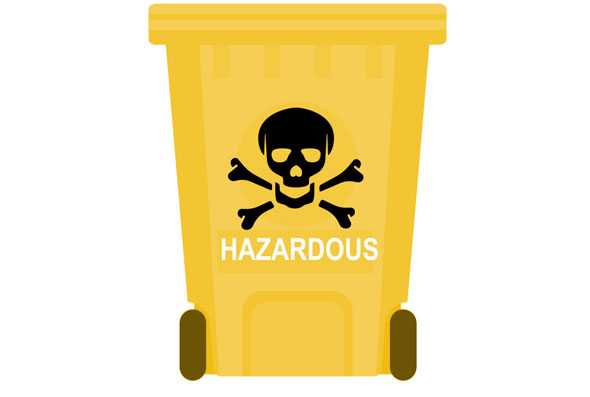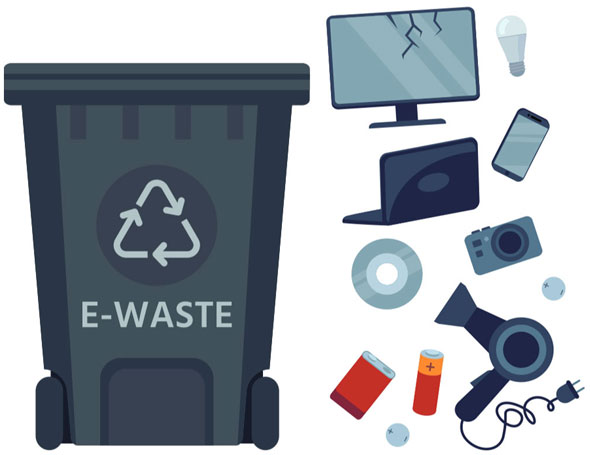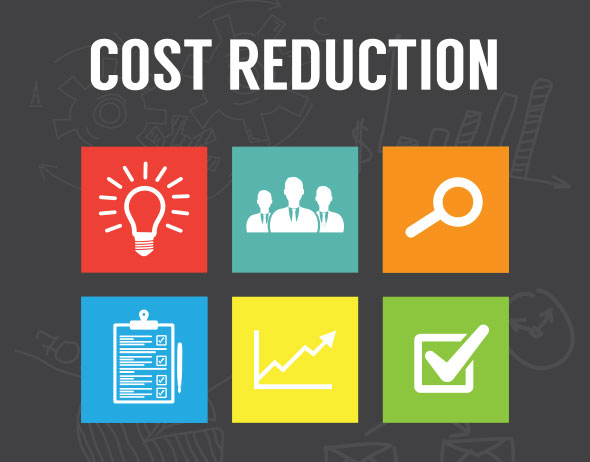Simpler Recycling: Workplace recycling in England effective 31st March 2025


What Is "Simpler Recycling in the Workplace"?
Simpler Recycling is part of the UK Government’s reforms to standardise recycling rules, reduce confusion, and boost recycling rates across England.
For workplaces (businesses and other non-domestic premises), the scheme introduces mandatory separation of waste streams — ensuring that dry recyclables, food waste, and residual (non-recyclable) waste are collected separately.
It replaces complex and inconsistent local rules, aiming to make recycling simpler, more consistent, and less costly, while preserving the quality of recyclable materials.
As a business, you have a legal Duty of Care to ensure that the waste your organisation generates is produced, stored, transported, and disposed of responsibly. The new legislation strengthens this obligation by making business recycling a legal requirement.
At its core, the law requires you to separate your waste before collection — with particular focus on dividing the “dry recycling” category into specific streams.
What Waste Must Be Separated?
Dry Recycling Categories
Exceptions: Do Not Include in Paper and Card Recycling

What About Books?
Recycling books is not as straightforward as it might seem.
Alternative Paper Sources and Sustainability
Paper is no longer made solely from trees. Increasingly, “tree-free” materials are used, reducing reliance on virgin timber:
The main ingredient of paper is cellulose. Extracting cellulose from agricultural waste reduces deforestation and promotes circular use of resources.
How Many Waste Containers Does My Business Need?
 Hazardous Waste comes in a multitude of forms
Hazardous Waste comes in a multitude of forms
Hazardous Waste
Hazardous waste comes in many forms, including:
These must be classified and stored safely according to their properties:

WEEE Waste (Electrical and Electronic Equipment)
Most workplaces accumulate electronic waste such as:
Key considerations:
 Benefits come in the form of cost reductions
Benefits come in the form of cost reductions
Business Benefits of Recycling
Effective recycling programmes, especially with staff engagement, reduce overall waste and increase recycling rates. Benefits include:
Cost Reductions
Revenue from Recyclables: Clean, sorted recyclables (paper, cardboard, metals) can often be sold or credited by waste management companies. Some may even pay for high-quality materials.
Reduced Volume: Recycling compacts and streamlines waste, leading to fewer collections and reduced transport costs.
Other Advantages
Caveats & Key Considerations
RCS Recycling is an Environment Agency registered waste carrier, broker, and dealer (Top Tier). We provide reliable business waste collection and recycling services across 30+ UK counties. Contact us today to ensure your workplace is fully compliant by March 2025.
Business Waste Policy Cheat Sheet
17 Sep 2025Business Waste Disposal - Duty of Care
10 Sep 2025Waste Carriers: Upper Tier and Lower Tier
23 Jul 2025The Future of Recycling Refrigeration Plant
09 May 2025Range Anxiety
29 Apr 2025Upper Tier Waste Carrier, Broker or Dealer
19 Dec 2024RCS Integrated Management System (IMS)
23 Apr 2025The power of 10:
18 Feb 201892% of Firms Don’t Care:
25 Feb 2018RCS Safely and Responsibly Recycle Waste into Reusable Material RCS Recycling is registered with the Environment Agency as Carrier, Broker, Dealer (Upper Tier).
We collect commercial and hazardous waste operating in 25 counties (and counting) in the UK public and private sectors diverting waste away from landfill sites by recycling it.
